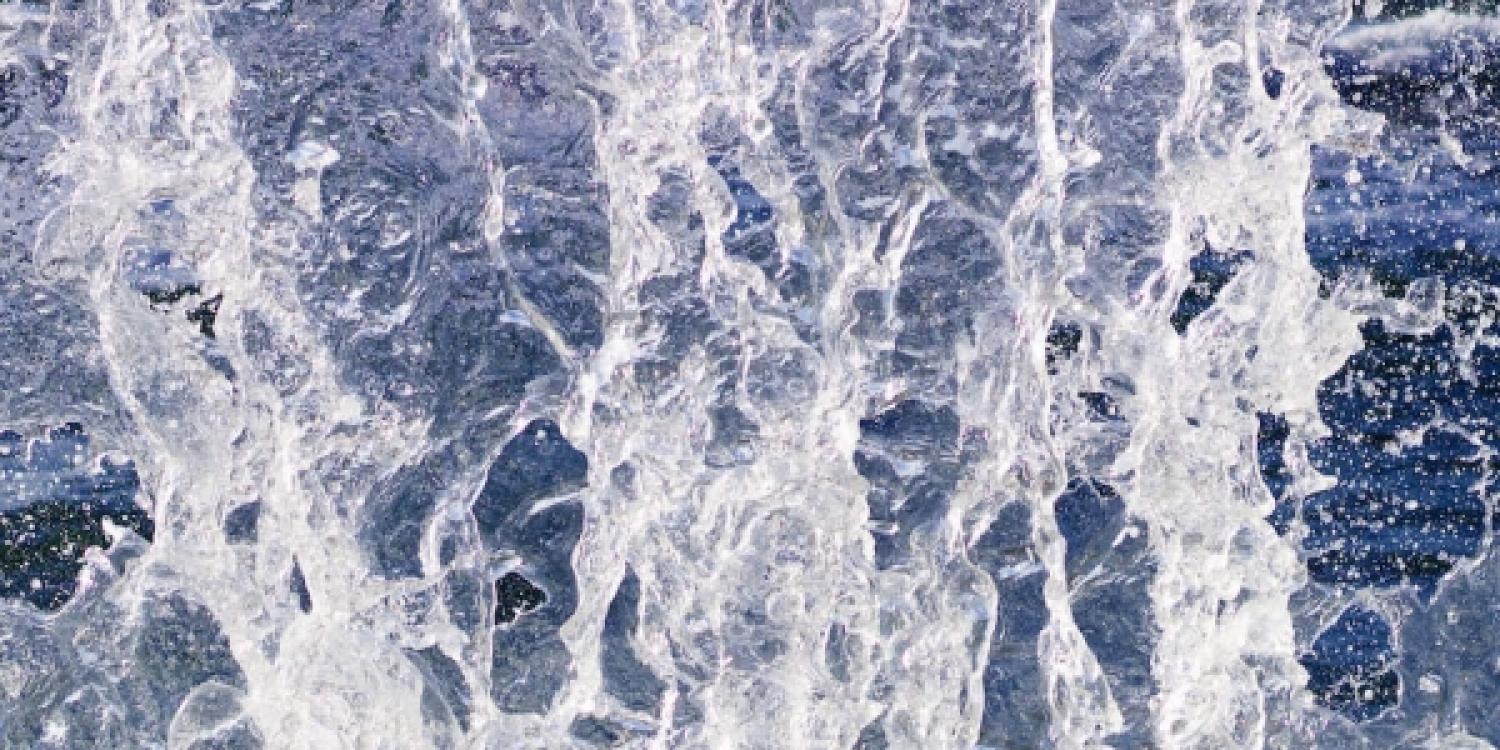Closing water cycles

Information
Water purification technologies and closing water cycles are an important solution to save costs and decrease environmental impacts in the process industry. The need for pure water is growing, and companies have to pay even more attention to the environmental load of their business by reducing water consumption and environmental contamination. In Finland, industry uses about 8 000 million cubic metres of water annually.
Industrial purification allows water savings. The wastewater generated in the food industry can be pre-purified, for example, by means of flotation technology. In the method, chemicals and dispersion water are mixed in wastewater, and the air bubbles released from it bring impurities to the surface. The resulting sludge is skimmed from the surface and directed to a sludge processing system. Purified water is released from the flotation basin to the municipal sewage system and from there on to the municipal wastewater plant for final purification.
The Finnish company Kemira, which has operations worldwide, has developed different types of chemicals and processing technologies for disinfection and the removal of heavy metals. Their technologies, including flotation technology, ensure that after wastewater treatment the quality of the water returned to the environment is as high or even higher than it originally was.
Besides purification, closing water cycles can also include capturing heating and cooling energy from wastewater streams and utilising it in the production process. The Swedish company Adven, which also operates in Finland and the Baltic countries, offers solutions to close water cycles of industrial companies. They examine the customer’s entire production process, including energy and water usage, by-products and wastewater, and identify areas for potential improvement. This can mean, for example, possible synergies and integration opportunities between different project stages.
Results
- Industry uses about 8 000 million cubic metres of water in Finland annually
- Industry produces approximately 850 million cubic metres of wastewater annually
- With appropriate processing technologies, wastewater can be reutilised several times, which helps narrow the gap between water demand and supply
Overall, the use of more effective water purification signficantly decreases the process industry's impact on the environment.
Chemical Industry Federation of Finland. Kemira: Teollisuusvesien puhdistaminen säästää vesivaroja (case study). Retrieved from kemian teollisuus Website: https://www.kemianteollisuus.fi/fi/kemia--osa-hyvaa-elamaa/puhdas-vesi/kemira/
Adven. 2019. Teollisuusyritys voisi säästää jopa miljoonan vettä kierrättämällä (Case study). Retrieved from Adven Website: https://www.adven.fi/fi/kiertotalousratkaisut/recovery-toteutukset/teollisuusyritys-voisi-saastaa-jopa-miljoonan-vetta-kierrattamalla/
Adven. 2018. Are you aware of your company’s water risks?. Retrieved from Adven Website: https://www.adven.com/en/adven-recovery/recovery-articles/are-you-aware-your-companys-water-risks/
Kemian Teollisuus. Kemira: Industrial water purification saves water resources. Retrieved from Kemian Teollisuus' Website: https://www.kemianteollisuus.fi/en/we-all-need-chemistry/clean-water/kemira/
Kemira's general website: www.kemira.fi